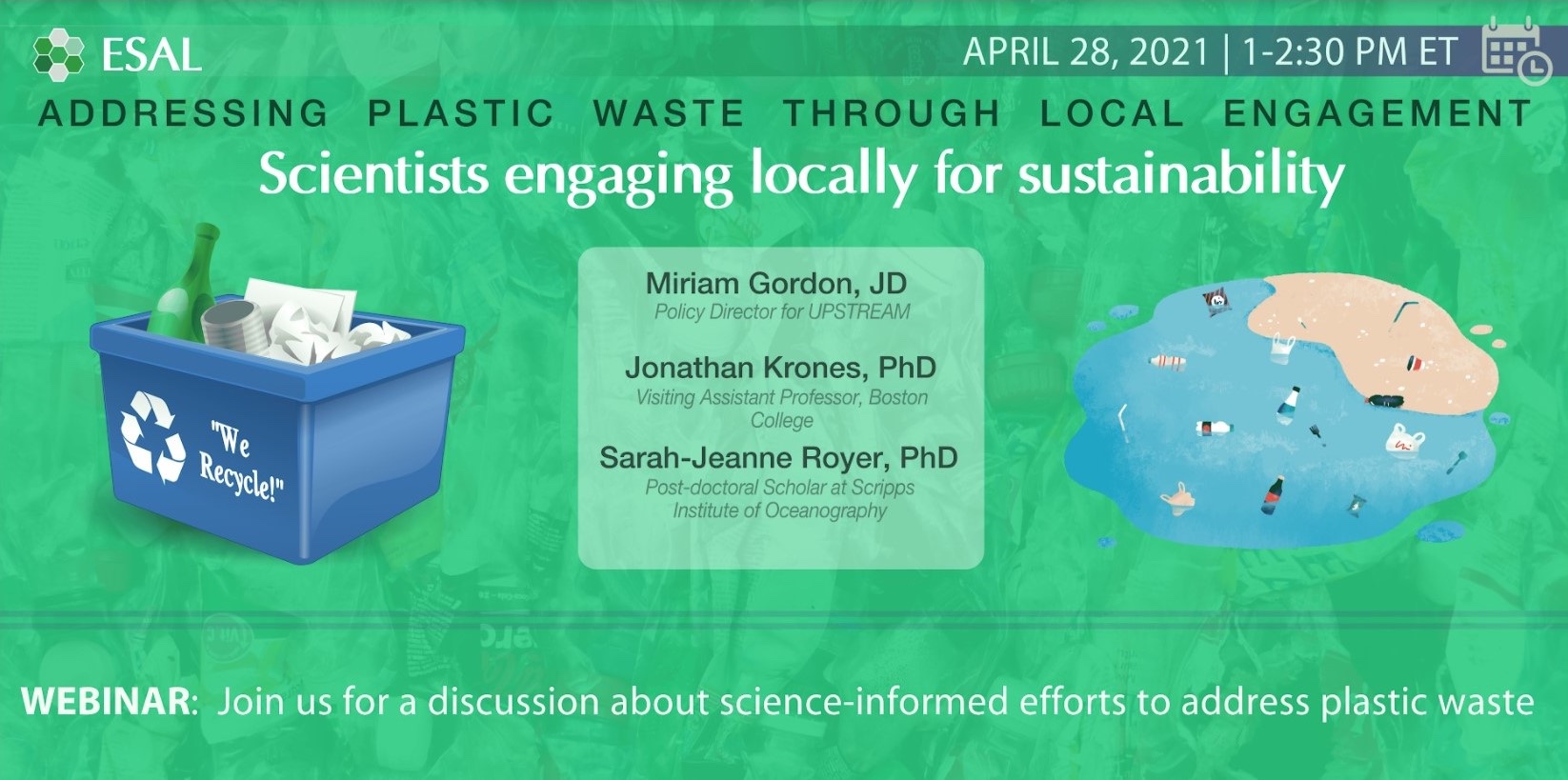
As a lightweight, inexpensive, and durable material which can be utilized in a wide range of applications, plastic is ubiquitous. The United States leads the world as the largest generator of plastic packaging waste on a per-capita basis. Despite its usefulness, scientists have raised concerns that plastic waste could lead to damaging environmental and health impacts. The production and incineration of plastic is a significant source of greenhouse gases. Plastics in landfills take up to a thousand years to decompose, and their amount has increased approximately 70-fold from 1960 to 2018. When this waste makes its way into water sources, it can impact marine life, and it can also degrade into microplastics, which make their way into our food and drinking water. While many open questions remain, some evidence suggests that these microplastics may harm human health. And for many, the precautionary principle suggests the need to limit plastic waste given its ability to infiltrate human and animal food chains. In this event, we will hear from scientists and non-profit professionals who are studying the environmental impact of plastic waste and working with local governments and communities to promote sustainable plastic use and re-use.